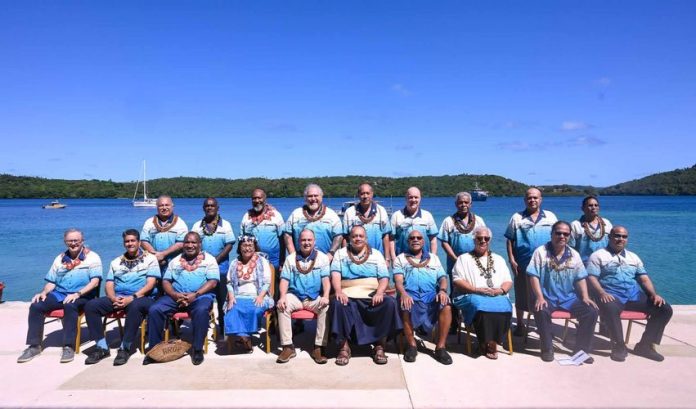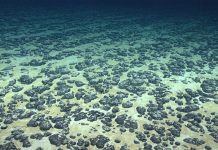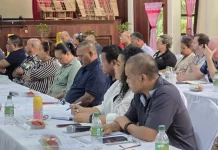Pacific Islands Forum Leaders have endorsed a major review of the region’s governance structure, aiming to align the framework with the 2050 Strategy for the Blue Pacific continent.
At the Forum Leaders Meeting in Tonga last week, leaders took significant steps towards redefining the region’s governance by endorsing the Review of the Regional Architecture (RRA) to meet the evolving needs of Pacific nations.
The review aims to ensure the regional framework is not only relevant but also capable of driving the ambitious goals set out in the 2050 Strategy.
Leaders highlighted the importance of strengthened collaboration among the Council of Regional Organisations in the Pacific (CROP) agencies to support effective delivery for member states.
They stressed the need for a more strategic and rationalised partnership mechanism, emphasising that the updated architecture must respect the sovereignty of Pacific nations while promoting unity and regional cooperation.
Leaders reiterated that the RRA should take into account the decisions outlined in the Suva Agreement, ensuring that it remains practical, relevant, and aligned to the diverse needs of all members.
The Forum’s commitment to these principles was underscored by their endorsement of the recommendations of Phase 2 of the RRA, which outlined a clear path forward on several key issues requiring political guidance, including political leadership and unity, Forum membership criteria, strengthened regionalism, and the rationalisation of the regional architecture to foster increased effectiveness and efficiency.
The endorsement of Phase 3’s framework, marks a commitment to a future-focused approach. Leaders tasked the Secretariat with progressing Phase 3 in consultation with Senior Forum Officials, with an update expected in 2025.
Additionally, they called for a review of the Forum’s own structures to ensure alignment with the evolving regional architecture.
Cook Islands Prime Minister and former Forum Chair, Mark Brown expressed a willingness to embrace necessary changes during the review process.
“If there is a need to change the way that our organisation exists, then we must not be afraid to change.
“To make those changes if they’re going to be transformational, rather than just changing around the edges,” Brown said.
He highlighted the need for substantial, not superficial, adjustments.
Brown also announced the Forum’s decision to elevate Guam and American Samoa to Associate Members, shifting their status from Observer to a more engaged role within the Forum.
“We are pleased to announce Guam and American Samoa as Associate Members of the Pacific Islands Forum, elevating their status from Observer to now Associate Members.
Their engagement in the Forum will be guided by the 2005 Associate Member policy until the conclusion of the current review of the regional architecture,” Brown said.
This move to include Guam and American Samoa aligns with the broader theme of the meeting: inclusivity and a commitment to a more unified regional family.
Leaders believe that expanding membership and refining criteria are crucial to ensuring that the Forum’s decisions and strategies are truly representative of the Pacific’s diverse voices.
The Forum leaders’ decisions reflect a collective drive towards a more unified and strategically aligned Pacific.













